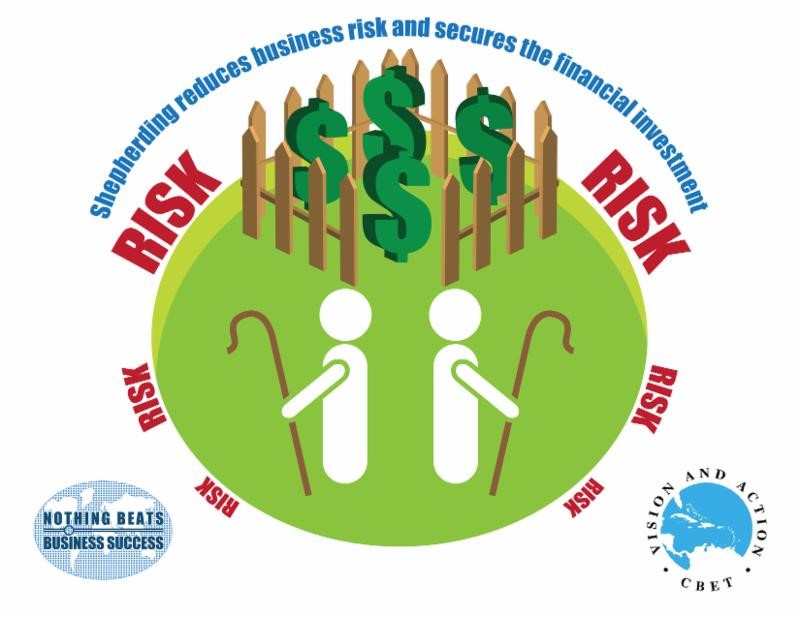|
SHEPHERDING REDUCES BUSINESS RISK AND SECURES THE FINANCIAL INVESTMENT – BASIL SPRINGER COLUMN MONDAY ON MAY 9, 2016
Home » Basil Springer Column » Weekly Column » SHEPHERDING REDUCES BUSINESS RISK AND SECURES THE FINANCIAL INVESTMENT – BASIL SPRINGER COLUMN MONDAY ON MAY 9, 2016

